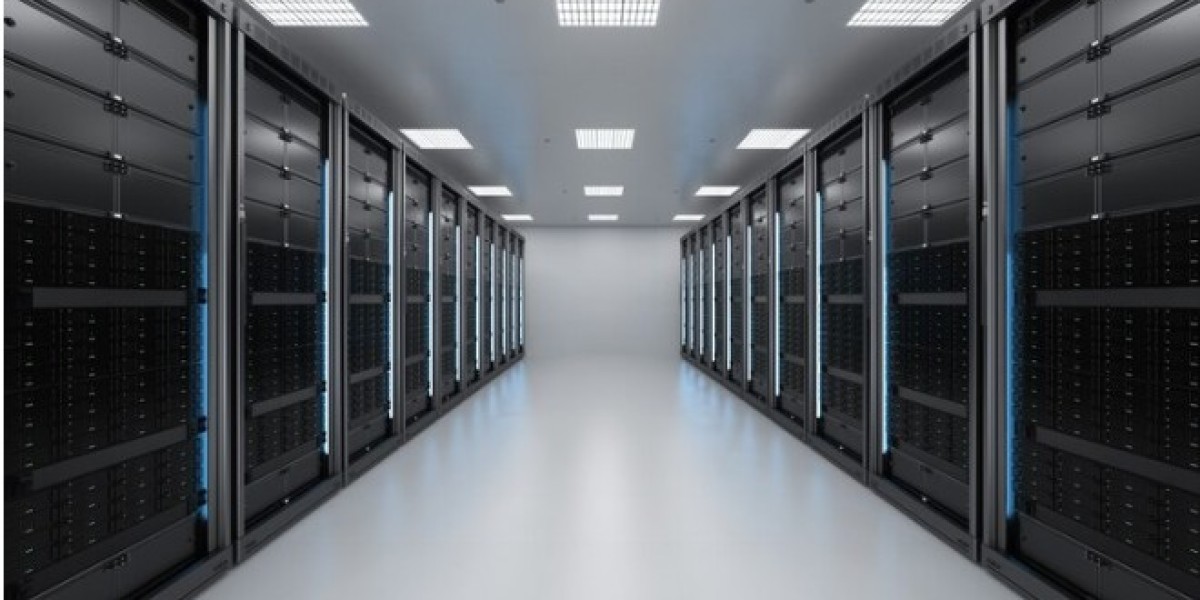In today’s fast-paced digital world, storing and accessing data efficiently is more crucial than ever. For tech-savvy individuals and organizations, a Smart NAS (Network Attached Storage) system can be a game-changer. Imagine having a powerful, centralized repository where you can store all your important files, easily share them across your network, and access them from anywhere in the world. Sounds intriguing, right?
This blog post will explore how Smart NAS systems can revolutionize your network setup, providing you with valuable insights and practical tips to help you harness their full potential. Whether you're a tech enthusiast looking to upgrade your home network or a small business owner aiming to optimize data management, this guide will offer everything you need to know about NAS systems.
Understanding NAS Systems
Network Attached Storage (NAS) systems are dedicated file storage devices that connect to your network, allowing multiple users to access and share data from a centralized location. Unlike traditional storage solutions, NAS systems are designed to provide high-performance, scalable storage that can be easily managed and expanded as needed.
Why Choose a NAS System?
Opting for a NAS system brings numerous benefits to the table. First and foremost, it offers centralized data storage, making it easy to manage and back up all your files in one place. This not only streamlines your workflow but also ensures that your data is secure and accessible whenever you need it.
Additionally, NAS systems are highly scalable, allowing you to add more storage drives as your needs grow. This makes them an excellent choice for both individuals and businesses that require flexible and expandable storage solutions.
Key Features of Smart NAS Systems
Smart NAS systems come equipped with a variety of features that set them apart from traditional storage solutions. One of the most notable features is their ability to support multiple RAID configurations, which provide redundancy and improve data protection.
Furthermore, many Smart NAS systems offer advanced data encryption, ensuring that your files remain secure from unauthorized access. They also come with built-in backup solutions, allowing you to automate data backups and restore files with ease.
Enhanced Data Security with NAS
Data security is a top priority for anyone using a NAS system. Smart NAS systems include robust security features such as encryption, user access controls, and network security protocols. These measures help protect your data from cyber threats, ensuring that your files remain safe and secure.
Additionally, many NAS systems offer remote access capabilities, allowing you to securely access your data from anywhere in the world. This is particularly useful for businesses with remote employees or individuals who need to access their files while on the go.
Simplified Data Management
Managing your data becomes a breeze with a Smart NAS system. These devices come with user-friendly interfaces that make it easy to organize, search, and retrieve files. Many NAS systems also offer integration with popular cloud storage services, allowing you to seamlessly sync your data across multiple platforms.
Additionally, NAS systems support a variety of file-sharing protocols, making it easy to share files with other users on your network. This is particularly beneficial for businesses that need to collaborate on projects or share large files with clients.
Streamlined Backup Solutions
Backing up your data is crucial for preventing data loss and ensuring that you can recover your files in the event of a hardware failure or cyber attack. Smart NAS systems come with built-in backup solutions that allow you to automate data backups and create redundant copies of your files.
Many NAS systems also support incremental backups, which only back up the changes made since the last backup. This saves time and storage space, making the backup process more efficient and cost-effective.
Boosting Network Performance
A Smart NAS system can significantly enhance your network performance. By offloading storage tasks to a dedicated NAS device, you can free up resources on your other network devices, resulting in improved speed and performance.
Additionally, many NAS systems come with advanced network management features such as load balancing and Quality of Service (QoS) settings. These features help optimize network traffic, ensuring that your data is transferred quickly and efficiently.
Affordable Storage Solutions
One of the most appealing aspects of Smart NAS systems is their affordability. Compared to traditional storage solutions, NAS systems offer a cost-effective way to expand your storage capacity without breaking the bank.
Furthermore, NAS systems are highly scalable, allowing you to start with a smaller setup and gradually add more storage drives as your needs grow. This makes them an excellent long-term investment for both individuals and businesses.
Seamless Integration with Smart Home Devices
For tech enthusiasts with smart homes, a Smart NAS system can serve as the central hub for all your smart devices. Many NAS systems come with integration capabilities for popular smart home platforms, allowing you to store and manage data from your smart cameras, thermostats, and other devices in one place.
This not only simplifies data management but also enhances the overall functionality of your smart home ecosystem.
Remote Access and Collaboration
Remote access is one of the standout features of Smart NAS systems. With remote access capabilities, you can securely access your data from anywhere in the world, making it easy to work on projects, share files, and collaborate with others, regardless of your location.
This is particularly beneficial for businesses with remote employees or individuals who frequently travel and need access to their files on the go.
Energy Efficiency and Eco-Friendly Solutions
Smart NAS systems are designed with energy efficiency in mind. Many NAS devices come with power-saving features such as scheduled power on/off and hard drive hibernation, which help reduce energy consumption and lower your electricity bills.
Additionally, by consolidating your storage needs into a single, centralized device, you can reduce the number of physical storage devices you need, contributing to a more eco-friendly and sustainable setup.
Choosing the Right NAS System for Your Needs
With so many NAS systems on the market, it can be challenging to choose the right one for your needs. When selecting a NAS system, consider factors such as storage capacity, performance, scalability, and the specific features that are most important to you.
Research different brands and models, read reviews, and compare specifications to find the NAS system that best fits your requirements and budget.
Setting Up Your NAS System
Setting up a NAS system is relatively straightforward, even for those who are not particularly tech-savvy. Most NAS devices come with step-by-step instructions and user-friendly interfaces that make the setup process a breeze.
Start by connecting your enterprise NAS storage to your network and configuring the initial settings. From there, you can add storage drives, set up user accounts, and customize your data management and backup preferences.
Maximizing the Potential of Your NAS System
Once your NAS system is up and running, take the time to explore its full range of features and capabilities. Experiment with different RAID configurations, set up automated backups, and integrate your NAS system with other devices and services.
By fully leveraging the power of your NAS system, you can streamline your data management, enhance your network performance, and enjoy a more efficient and secure storage solution.
Conclusion
Incorporating a Smart NAS system into your network setup can revolutionize the way you store, manage, and access your data. With benefits such as enhanced security, simplified data management, and improved network performance, a NAS system is a valuable investment for tech-savvy individuals and businesses alike.









